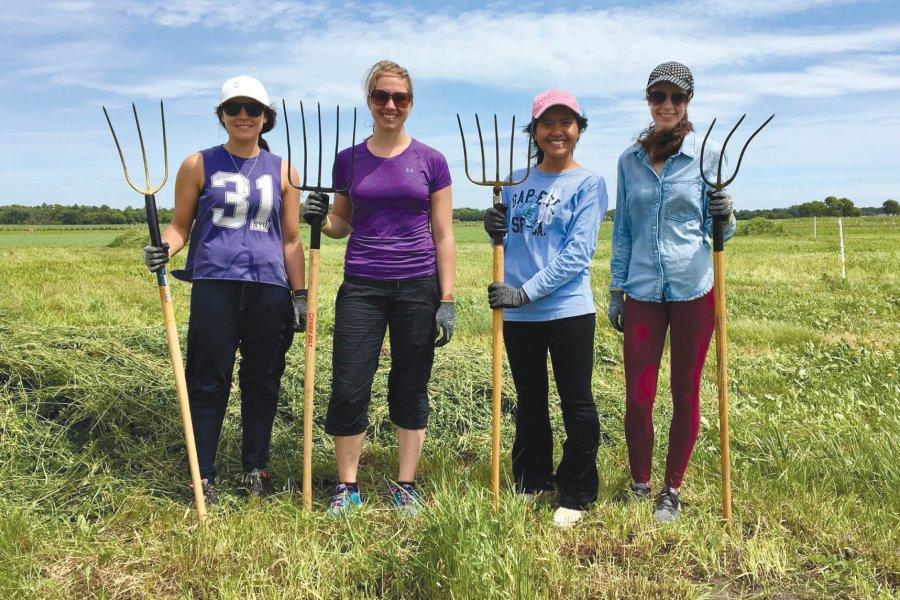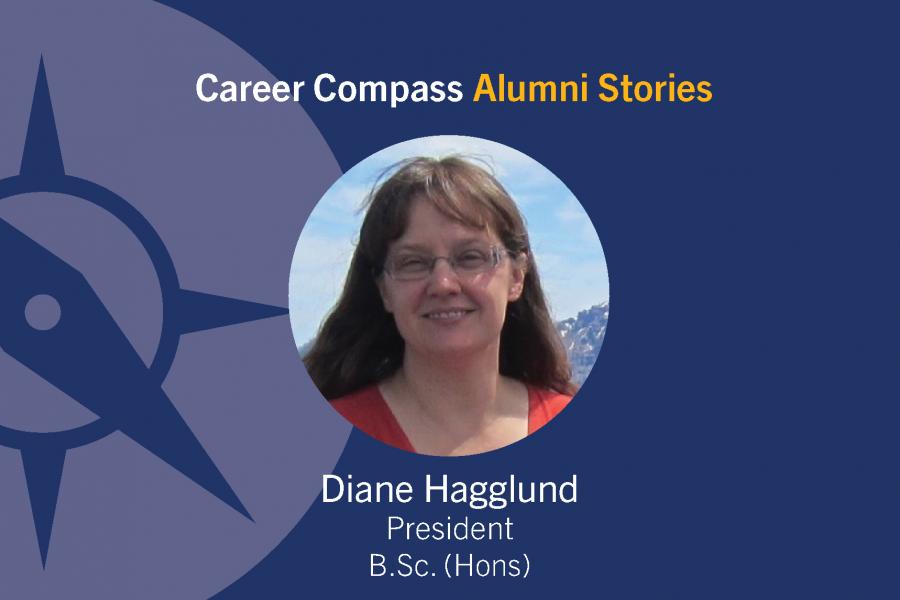ACADEMIC SUCCESS
Course requirements: Refer to the Academic Calendar for course requirements in your honours or major program
To do this year:
- Meet with a department and science advisor to declare your honours or B.Sc. major program (recommended).
- Use UM Achieve to prepare a plan for registration.
- Consider taking a minor and choose courses that will open opportunities.
CAREER TIPS
Make professional connections:
- Join the Career Mentor Program to learn from professionals.
- Attend career fairs to connect with employers.
- Become a student affiliate with the Canadian Mathematical Society (CMS) or the Statistical Society of Canada (SSC).
- Attend the Mathematics or Statistics Seminar Series.
Market your skills: Develop your resumé and cover letter and refine your interview skills.
VOLUNTEER & WORK EXPERIENCE
Explore student research opportunities: Apply for a research assistant position, Undergraduate Research Award or NSERC grant.
Gain practical experience by volunteering: Check out Let's Talk Science, West End Library Learning Program and Winnipeg School Division.
Earn while you learn: Consider applying to the Science Co-operative Education program once you have completed 60 credit hours in statistics or the joint mathematics-statistics program.
CULTURAL OPPORTUNITIES
Develop global career skills and expand intercultural learning: Consider the Math in Moscow Program, PIMS Scientific Summer School, an international internship or service-learning program, My World Abroad or SWAP for a “working holiday.”
Staying local? Check out the one of the local service-learning programs. Consider learning a new language and culture through the Volunteer Language Exchange Program.


